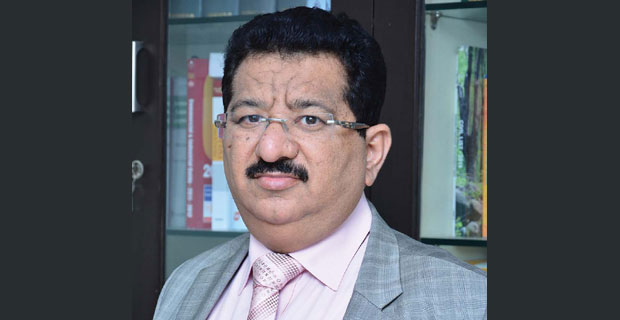FDI POLICY: AN OVERVIEW
India is now the most open economy in the world for Foreign Direct Investment (FDI). In June 2016, the Union Government radically liberalized the FDI regime, the second major reform after significant changes in November 2015. For the benefit of Foreign Investors, the author provides a broad overview of the new FDI policy
Lot of action is expected in the coming few months in the light of foreign players who have been waiting on the sidelines for this policy regime to come
—Partner at a top international consultancy
Apart from being a critical driver of economic growth, foreign direct investment (FDI) is a major source of non-debt financial resource for the economic development of India. Foreign companies invest in India to take advantage of relatively lower wages, special investment privileges such as tax exemptions, etc. For a country where foreign investments are being made, it also means achieving technical know-how and generating employment.
The Indian government’s favourable policy regime and robust business environment have ensured that foreign capital keeps flowing into the country. The government has taken many initiatives in recent years such as relaxing FDI norms across sectors such as defence, PSU oil refineries, telecom, power exchanges, and stock exchanges, among others.
According to Department of Industrial Policy and Promotion (DIPP), the total FDI investments India received in FY 2015-16 (April 2015-March 2016) was US$ 40 billion, indicating that government's effort to improve ease of doing business and relaxation in FDI norms is yielding results.
FDI in India witnessed an increase of 29 per cent and reached US$ 40 billion during April 2015-March, 2016 as compared to US$ 30.93 billion in the same period last year.
India has also overtaken China as world's top foreign direct investment (FDI) destination with US$ 63 billion of FDI announced in 2015 including high-value project announcements across the coal, oil and natural gas, and renewable energy sectors.
Budget 2016-17 has proposed several reforms in FDI Policy in areas of insurance and pensions, asset reconstruction companies and stock exchanges, such as easier governing and fund raising norms, clarification of tax related matters and higher FDI limits.











Comments.